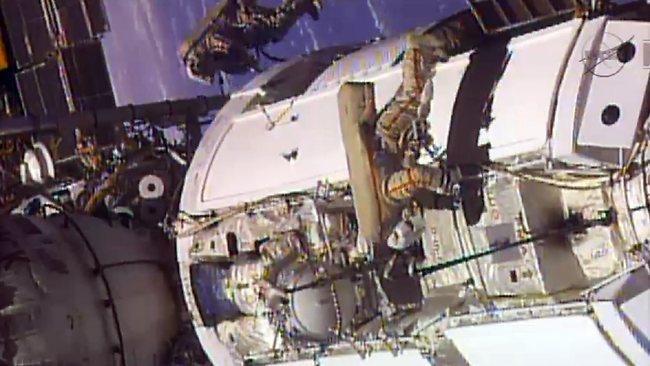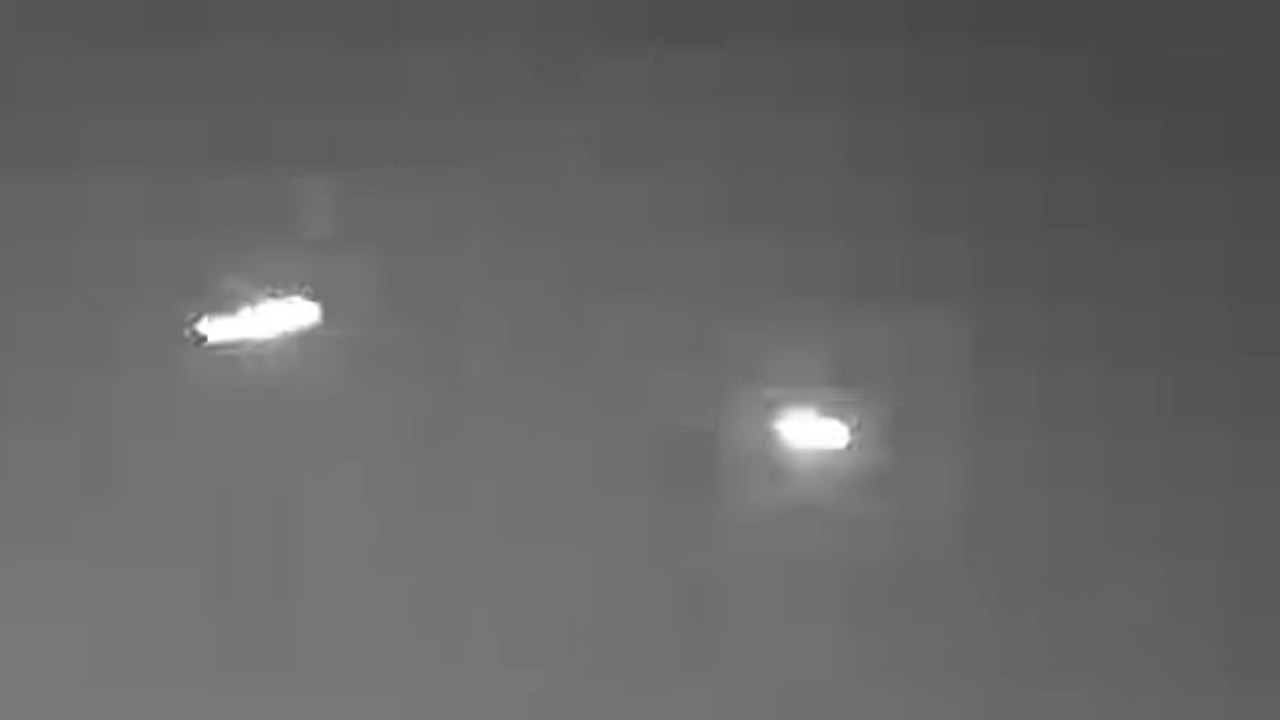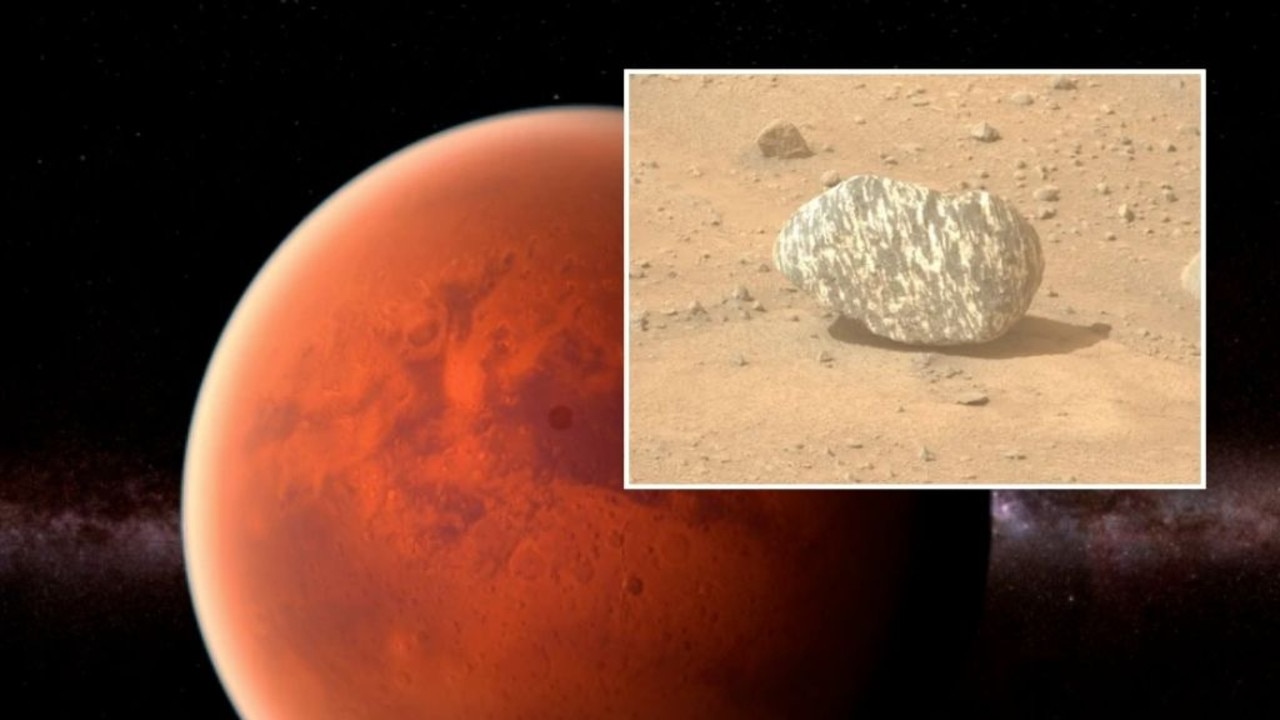NASA rushes to fix International Space Station cooling system that may delay Orbital Sciences cargo mission
NASA is rushing to fix a breakdown in the cooling system at the International Space Station, which risks delaying the Orbital Sciences' first mission.

Space
Don't miss out on the headlines from Space. Followed categories will be added to My News.
NASA has rushed to fix a breakdown in the cooling system at the International Space Station that may delay the launch next week of Orbital Sciences' first cargo mission.
Engineers are still trying to figure out what caused the fault on Wednesday in a flow valve that controls the temperature of the equipment aboard the station, said mission team manager Kenny Todd.
The astronauts on board are "in good shape", and comfortable after the cooling system problem, which NASA has said posed no danger.
A spacewalk might be necessary to get a closer look at the external thermal control loops - of which two exist on the station - and the defective valve, but NASA has not yet decided on that.
A temporary fix is in place in the meantime, in which some elements have been turned off to save power and the cooling system is functioning in a non-integrated fashion, he said.
"This is a position we don't want to be in long term," he added.
"In the meanwhile, we have a good stable configuration."
A decision will likely be made by Monday as to whether Orbital Sciences' maiden launch of its Cygnus unmanned cargo craft can go ahead as scheduled on December 18.
The launch window extends to the 21st, Mr Todd said.
"We are going to kick the can for a little bit and let the crew work a little bit more," he said on NASA television.
"Our primary focus at this point is trying to recover this loop."
A similar problem occurred in 2010 aboard the ISS so NASA has some experience with the protocol needed to change out a faulty pump on the outside of the lab, he added.


